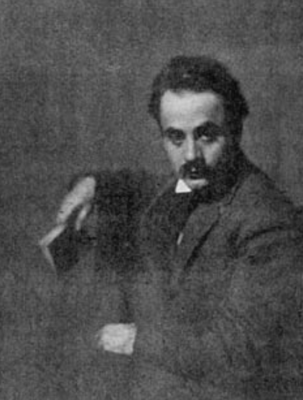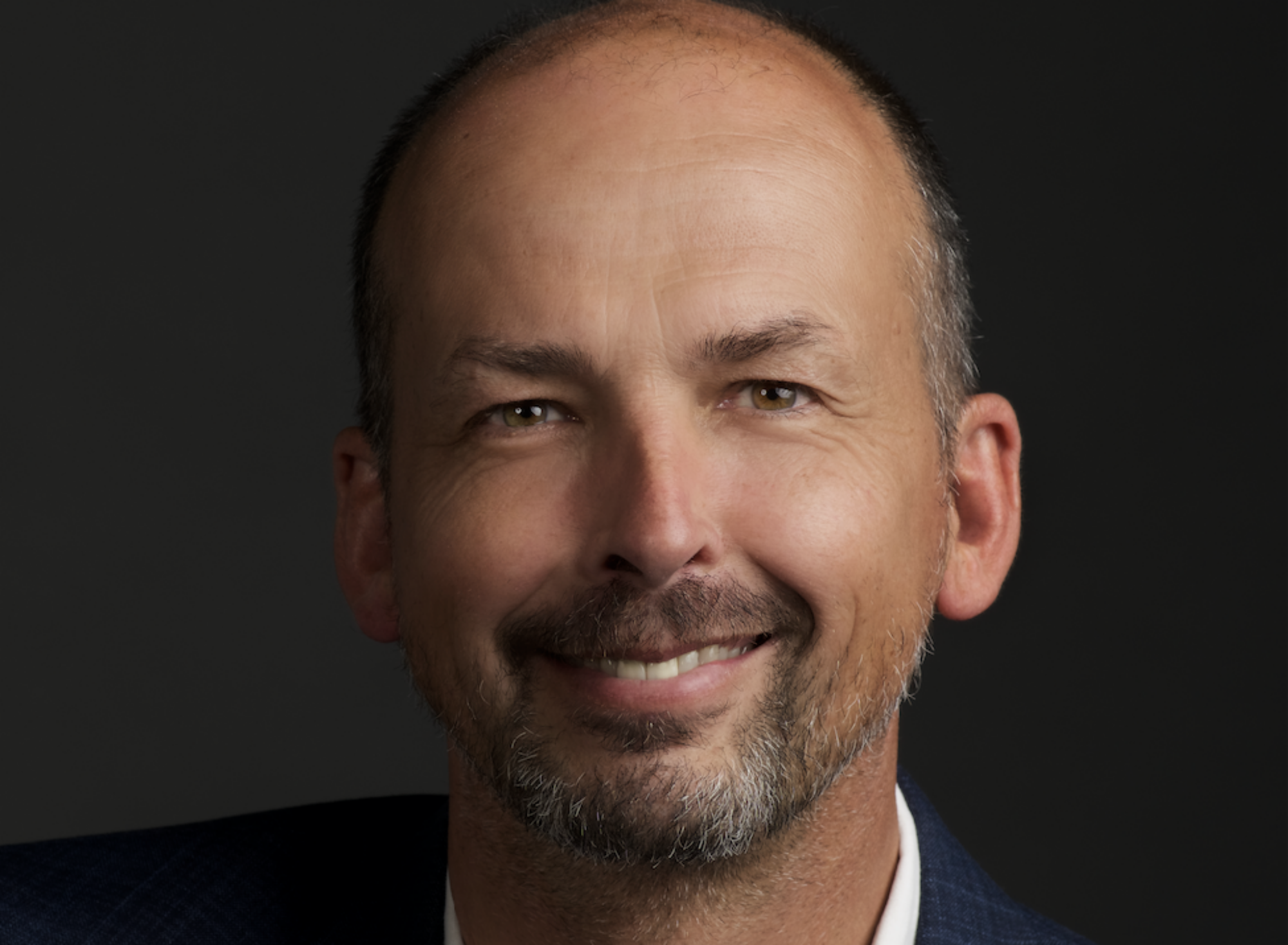
Khalil Gibran was a Lebanese poet, writer, and visual artist of the late 1800s and early 1900s. He’s quite well known for his book, The Prophet.
Recently a friend shared this poem by Gibran, FEAR. I suppose one of the things about learning about fear, is that there is always more. I’ve known some of this in my life. The kind of fear that tenses my body. The kind of fear that locks in lizard brain of rather mass contraction.
Gibran’s imagery of the irreversibility of water from stream to ocean, and of becoming ocean — these both inspire me deeply. I would suggest we are all on quite a journey of becoming. Some of that journey is becoming aware of our fears, and if we are lucky, becoming that which we seek. Some of that becoming is individual (I think…, I’m starting to wonder if there is such a thing as “individual”). Some of that becoming is communal — irrepressibly communal, even in the smallest levels of being witnessed by one good friend and listener.
I don’t feel that life is meant to be lived without fear. The appearance of fear isn’t a failure. But like it is for so many complex emotions, our job as humans is often about coming into more awareness and conscious relationship with ourselves, each other, and what we stir in each other.
Enjoy the poem. And the journey, whatever version of it you find yourself on, on a day like today.
FEAR
Khalil Gibran
It is said that before entering the sea
a river trembles with fear.
She looks back at the path she has traveled,
from the peaks of the mountains,
the long winding road crossing forests and villages.
And in front of her,
she sees an ocean so vast,
that to enter
there seems nothing more than to disappear forever.
But there is no other way.
The river can not go back.
Nobody can go back.
To go back is impossible in existence.
The river needs to take the risk
of entering the ocean
because only then will fear disappear,
because that’s where the river will know
it’s not about disappearing into the ocean,
but of becoming the ocean.




When shared with me initially, this poem was attributed to Gibran. I’ve had a few people ask about that. I’ve searched for the source, but could not find it. So, I’ll modify the attribution to “anonymous” for now. The content and the impact and the invitation remain the same to me.